Minka Kelly Is Finally Revealing the Truth About Her Past
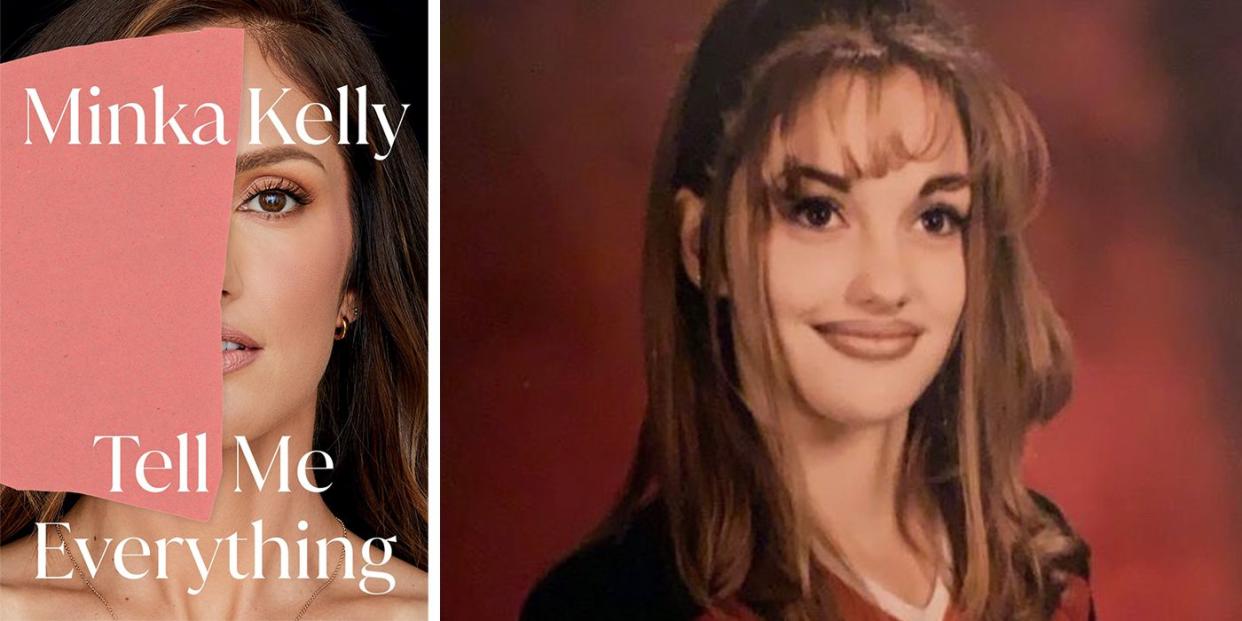
- Oops!Something went wrong.Please try again later.
"Hearst Magazines and Yahoo may earn commission or revenue on some items through these links."
There’s a moment in Minka Kelly’s new memoir when her therapist tells her to “stop acting like a stripper’s daughter.” What he means is that the actor, known for roles in Friday Night Lights and Titans, is putting up a false front, presenting herself as impeccably polished and successful, so that no one will ever learn about her past.
Tell Me Everything is, in effect, Kelly’s response to that therapist. After years of working through her childhood trauma, she’s opening up about her chaotic upbringing—and not just opening up, but inviting readers into the world of L.A. strip clubs and Albuquerque drug dealers where she came of age. The result is a stunner of a celebrity memoir: unexpected and moving, with a storyline that could easily power a prestige drama.
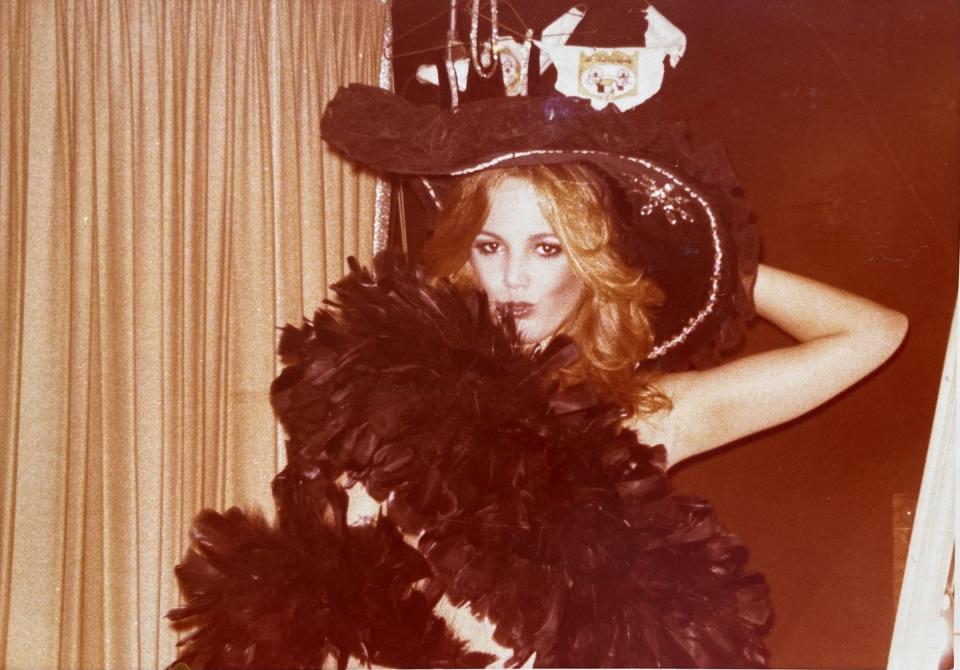
In fact, Kelly initially envisioned her story on the screen. “I first started writing this in the form that I’m most familiar with, which is a screenplay,” she tells Bazaar. When the movie idea fell apart due to the pandemic, she turned it into a book, drawing on her experience writing letters to her mother as a kid. “She and I were separated so much that the only way we could communicate was writing each other letters. So I got really comfortable with writing down my feelings.”
Kelly’s mother Maureen Dumont Kelly, who died of cancer in 2008, is a central figure in the book. An exotic dancer who would sometimes take her little daughter with her to work, she's depicted as warm, charismatic, and impulsive. Kelly describes witnessing her mom do a “bag lady” act in which she burst through the doors of the strip club with a shopping cart and slowly removed her layers of old clothes until it became clear she was actually one of the performers. Sometimes Maureen would disappear for weeks, leaving young Minka with a series of friends and acquaintances. When she was around, money was tight; for a while, they lived in a garage.
“I've been planning on [writing about my life] since high school,” Kelly says. “And I remember even in high school saying, She has to be dead before I do this, because if she knows what I know, she’d be heartbroken. As a child, I saw so much more than she thought I did. Like there’s a story in the book that I talk about, about noticing cocaine and going, ‘Mommy, what’s that?’ And she says, ‘That’s just my loose powder.’ I can very clearly see the texture of these two things. And the colors of these two things are very different. I’m not stupid, but I let her think that I was to save face for her. I didn’t want to embarrass her or challenge her.”
Kelly's father was a guitarist for Aerosmith, and throughout her youth, he dipped in and out of her life, sometimes offering brief moments of stability but never staying long enough for any kind of secure attachment to form. By the time she hit adolescence, Kelly was living in New Mexico with her stepfather’s extended family, skipping school and getting into fights with girls she barely knew.
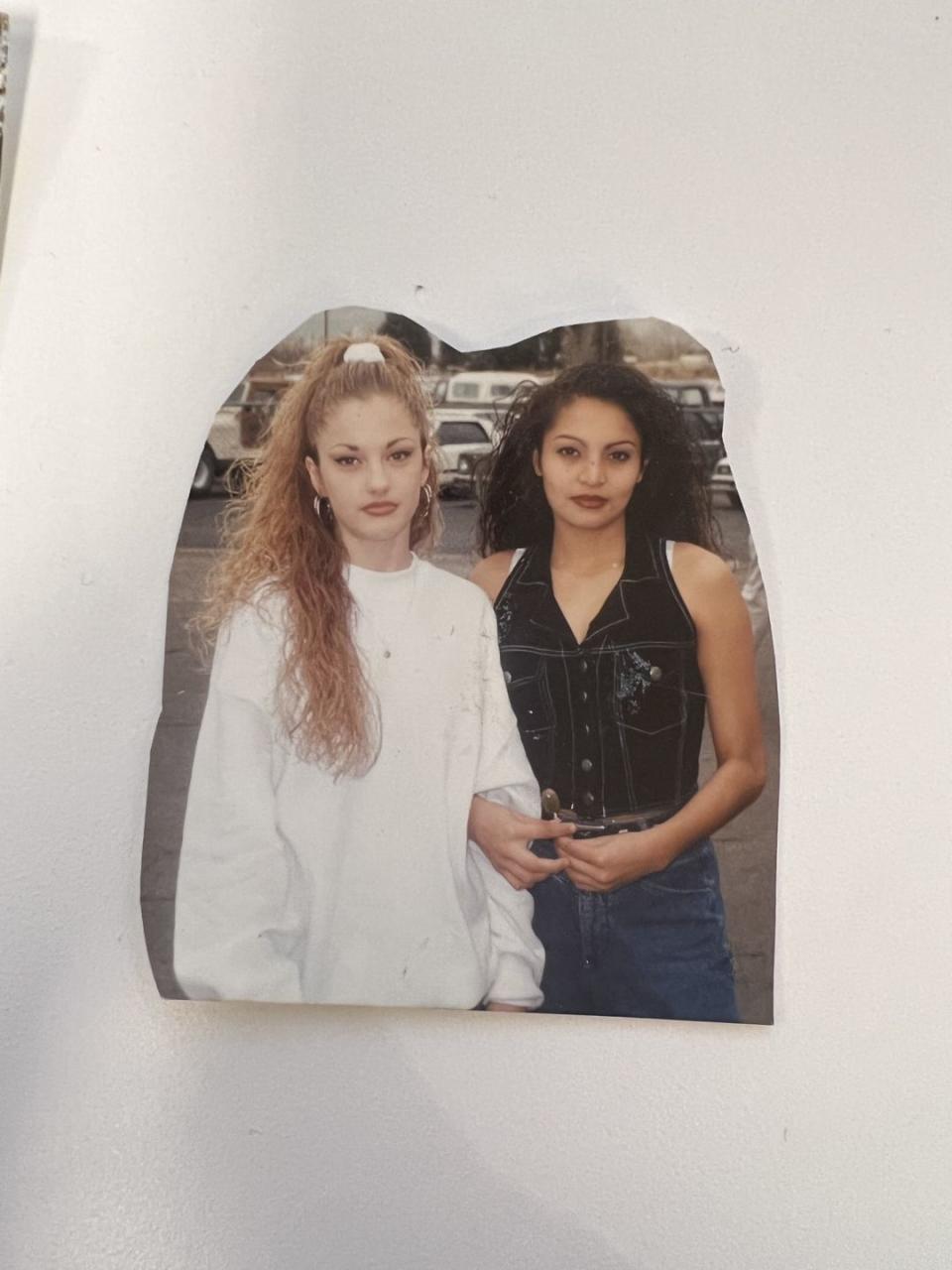
It would be easy to just keep describing the events of the memoir, as Kelly gets a job at a peep show, escapes her abusive boyfriend, defends herself against assault-and-battery charges, becomes a sort of phone-service Robin Hood for the single moms of Albuquerque, and eventually winds up in nursing school with the help of the model for the RealDoll brand of sex dolls—and this is all before Taylor Kitsch even shows up. But what’s striking about the book isn’t just the things Kelly has survived, but also her perspective. As a narrator, she’s constantly trying to understand why people behave the way they do, without letting them off the hook. Her description of her mother is particularly nuanced, and the book’s real catharsis comes with Kelly figuring out how to forgive her.
“You can’t heal [these things] unless you’re able to see their side of the street,” she says. “That’s sort of how I try to move around the world now: Anyone that I come in contact with, I just try to see their broken heart. You’re able to give permission for people to be messy and not take it personally. And that’s been a real freedom.”
Kelly credits both her therapist and her life coach for this approach to the world. “In the throes of writing this book, I was in deep therapy,” she adds. “And I would go to my therapist and be like, I just wrote this part about my mom and it made me think I’m doing the same thing. You know, when you write about this stuff, you sort of have to unpack things that you’ve avoided or pushed aside for a long time. And so it was really therapeutic in that sense, where I got to have an exercise in looking in the mirror.”
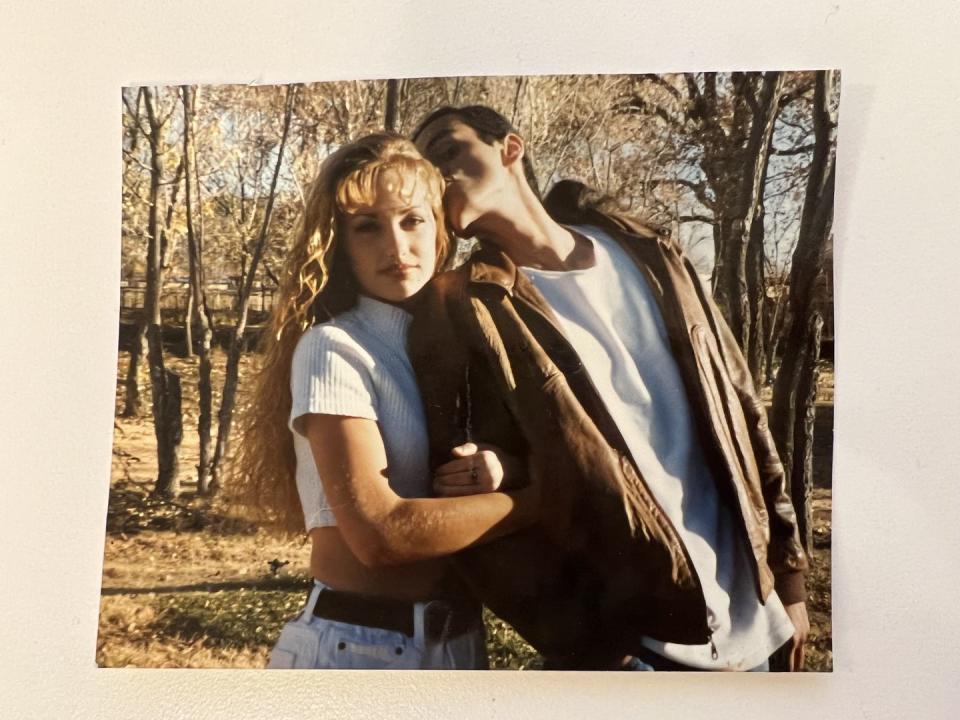
The experience of being a woman in the world, particularly a woman who is constantly in danger of being exploited for her looks, animates the book. In one episode, Kelly’s boss—who is both the manager of a plastic surgery office and managing her fledgling modeling career—tries to make her get breast implants. Kelly’s friend Marie insists that she stand up for herself. “Her passion and her love for me helped me go back into that office and say, ‘I don’t think I wanna do that.’ And when [the manager] responded with ‘You’ll never be Playmate of the Year if you don’t,’ I was like, ‘Yeah, I don’t think that’s what I wanna do.’ And then I got fired.”
Ironically, Kelly’s time in the surgeon’s office is what convinces her to go to nursing school, and becoming an OR nurse is what finally leads her to begin trusting herself. “Being good at something is really good for you as a person,” Kelly says. “I loved it because it was the first time I had evidence that I was good at something. And it wasn’t because of anything but my skills and my brain. I’m wearing a cap and a mask and a gown, and it has nothing to do with anything but my skills.”

Over and over, when things get dark for young Minka, someone like Marie appears to help her get back on track. Now, she says, she’s hoping she can play that role for other people. It’s why she was drawn to her part in season two of Euphoria, where she was cast as an older woman who takes high schooler Maddy under her wing. Kelly says she saw her younger self in the character of Maddy, who also puts on a tough front. “And I was so happy to be on the other side of it. I was so relieved not to be the one going through all of it, you know?” she laughs.
Euphoria creator Sam Levinson had initially planned on a smaller part for Kelly, but wrote more when he saw her emotional connection with the character. “On our first day of work, he was like, ‘You know what? Are you available for more? I think you should be the older, wiser one.’ And I was like, ‘I would love that.’ That’s my fave. I love showing up for women.”
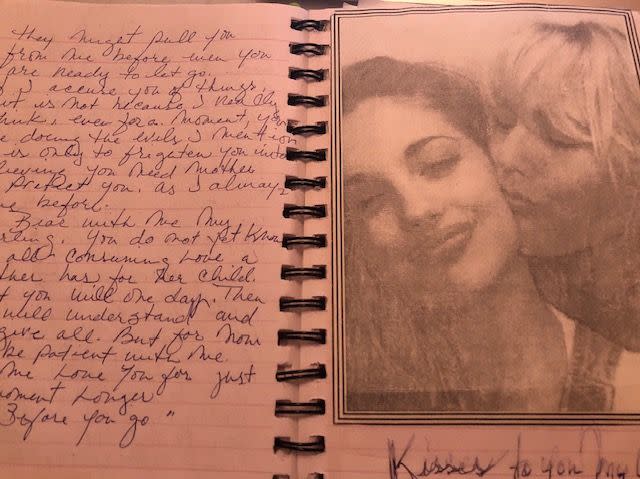
She sees publishing this memoir as an extension of the same project: “I love that I’ve had so many women want to share their stories with me. Inspiring women to extend an olive branch to their mother is just the most rewarding work I think I can do. And a way to honor my mother, because I wish someone had inspired me to reach out an olive branch to her before she got sick.”
Telling her story now, Kelly says, feels a little like going to an Al-Anon meeting and coming across other women who’ve had similar experiences. “To hear other women share that they struggle in the same way as a result of a very similar upbringing, you go, Okay, well, then I’m excited, because I can see that I have something to work on. I can stop thinking that the whole world is against me. I’m just paying it forward.”
You Might Also Like

